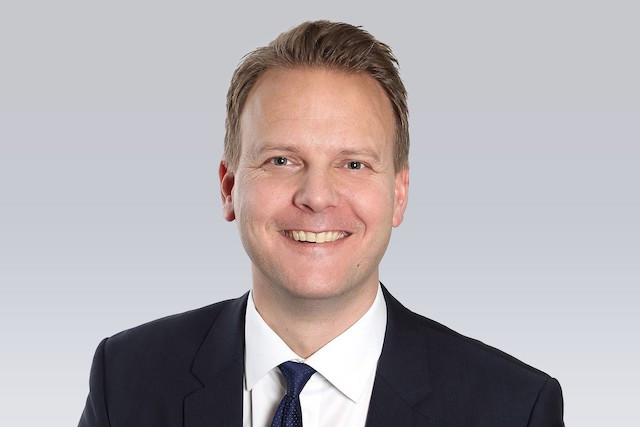"Driven by fiscal and monetary stimulus measures, financial markets around the world have rebounded widely, despite the continuing economic crisis," notes Fredrik Skoglund, who believes the recovery will be uneven depending on the country. "Its speed will depend on the success of the measures taken to contain the pandemic and the vaccination programmes, but also on the maintenance of economic support policies."
Betting therefore on the maintenance of accommodating budgetary and monetary policies, he nevertheless expects "that 2021 will be a positive year, a year of reconstruction and of problem solving, against a background of support measures and progress in terms of vaccination."
There’s also the potential for share growth. "The increase is expected to be only slight, however, as much of this outlook is already embedded in current prices." The pandemic context will cause managers to be very selective. “The new digital reality resulting from the pandemic will bring down some companies, while others will fare well as digital adoption accelerates. Being selective to ensure the soundness of the economic models of the various companies will be more essential than ever,” he explains.
He thinks that for companies, two divergent developments are likely to occur: the pandemic will have a beneficial effect on the most advanced companies in the digital transformation, while those whose economic model has been disrupted will not be able to operate at full capacity as long as physical distancing prevails.
Adapt portfolios to digitisation
At the sector level, he sees climate change as an opportunity. “Concerted and coordinated action at the international level is essential. Considerable resources will be required, and all sectors will have a role to play, especially the finance sector.”
In bond markets, the low rate policy has not yet been called into question, yields will remain low. Skoglund calls on investors to remain aware of the risks involved in the event of even a modest surge in inflation which destroys any hope of return. For him, some central banks are now tempted to stimulate inflation. In particular, to cope with the increase in public debt without, however, destroying any recovery.
In the longer term, "the legacy of the coronavirus will continue even after the pandemic has receded. Our lifestyles are forever transformed. Trends accelerated by the pandemic, such as digitisation, are very unlikely to reverse, and portfolios must be adjusted accordingly,” Skoglund explains.
This article was originally published in French on Paperjam.lu and has been translated and edited for Delano.
